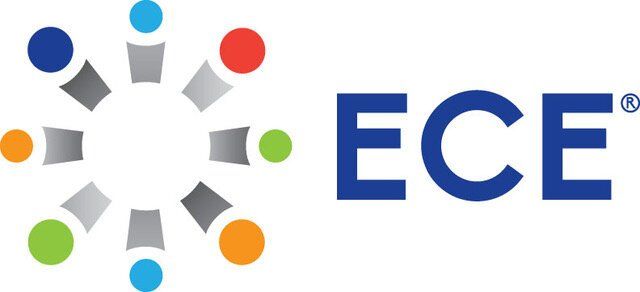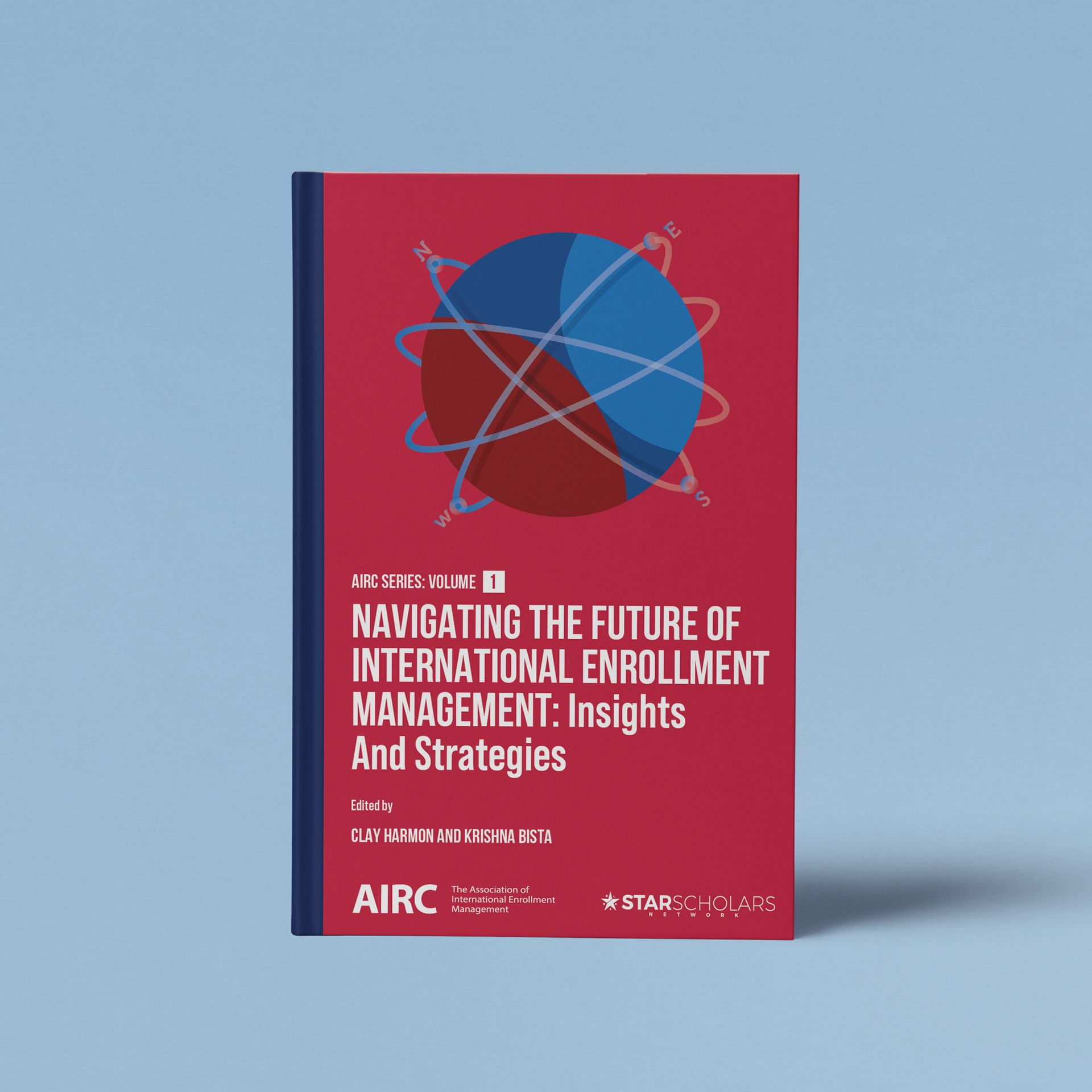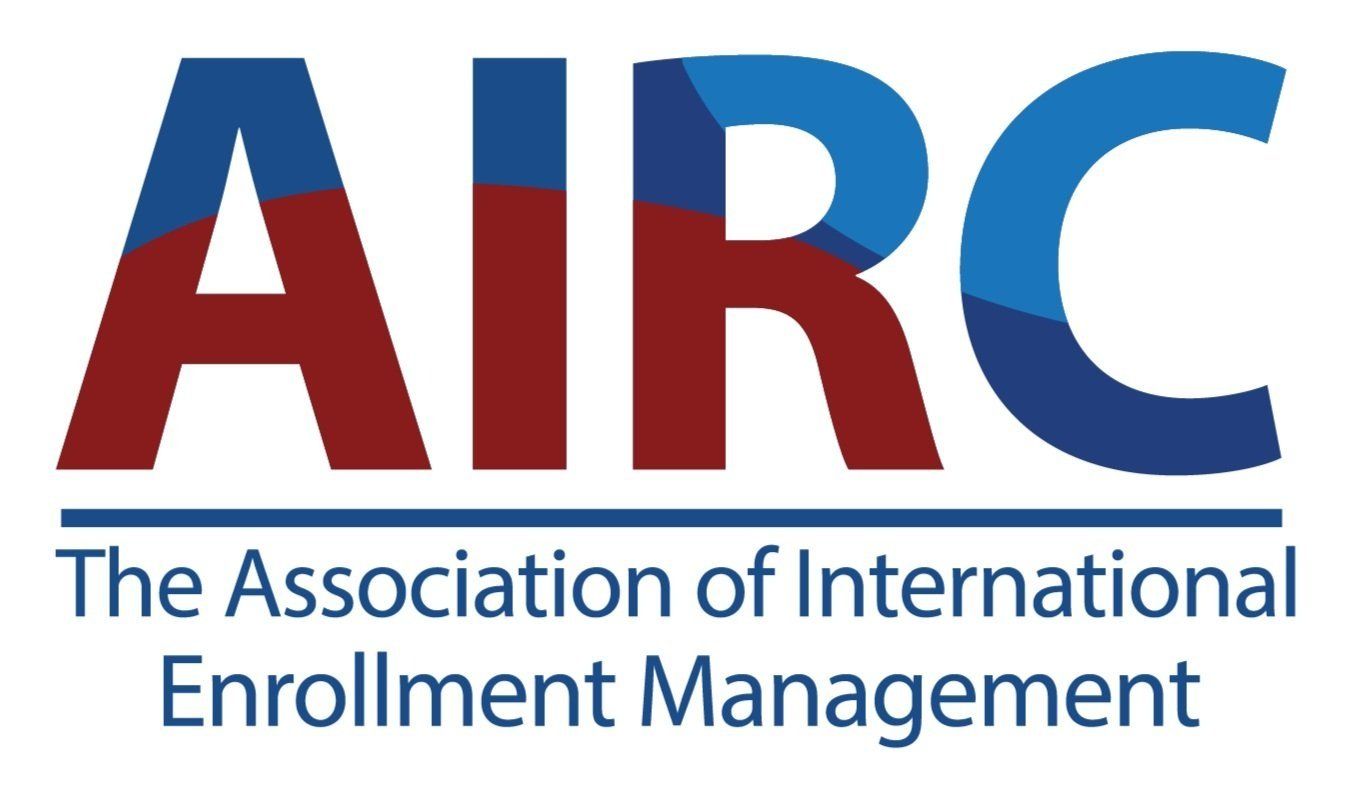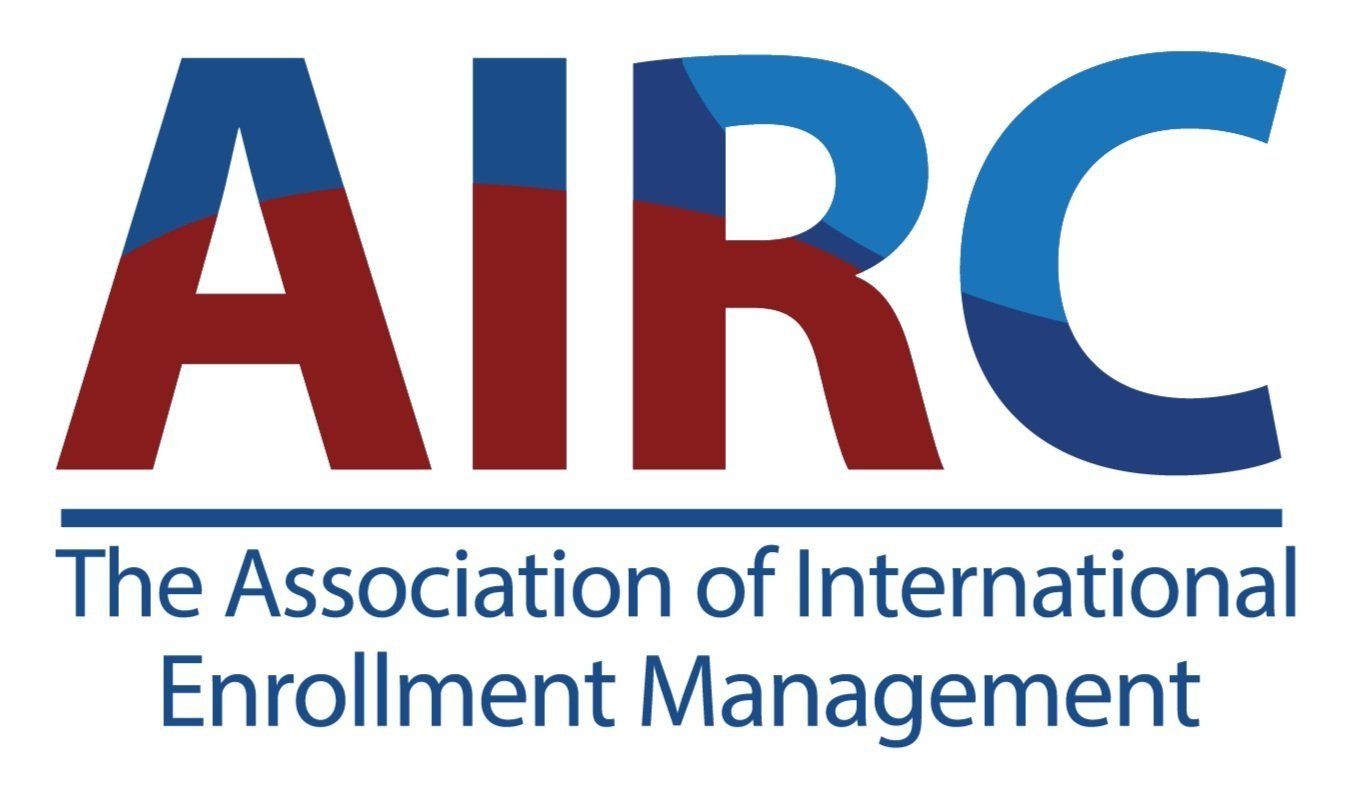New insights | Rebuilding trust by rethinking priorities in international student recruitment
New insights | Rebuilding trust by rethinking priorities in international student recruitment
By Riccardo Lanza
Studying abroad in the United States has a stellar reputation; it is the most popular destination for international students, hosting over one million students in the last academic year. We all know, however, that recent times have been challenging - the Trump administration cutting research funding, the immigration crackdown on international students and now, competition from emerging markets is intensifying as some of the European Union’s most high-profile leaders gathered to launch the ‘Choose Europe for Science’ initiative early in May. It seems the threats keep coming.
It is time for universities in the USA to reassert their leadership by focusing not just on academic excellence, but on delivering the outcomes and experience today’s students value most. Edvoy’s recent research into student preferences and institutions’ perceptions of what students are looking for highlights an essential truth: student priorities are changing in subtle but significant ways. By acting on what they say, we can rebuild trust in the USA as the ultimate destination.
A changing market: strategic students, choosing differently
Edvoy’s latest data confirms international students are increasingly acting like consumers. Applicants are outcome focused, with value for money and employability standing out as integral to their decision-making. The top three factors for making their final choice on where to study were:
- Opportunities for industry placements and work experience, especially important to students from Nigeria, Nepal and Pakistan
- Access to scholarships or financial support, a critical consideration for particularly undergraduates from lower-income countries
- Cultural alignment and sense of community, where the perceived ease of fitting in and feeling welcomed had a strong influence on their decision.
What is noticeable by its absence, compared with previous insights, is the university’s ranking. Over 60% of institutions ranked university reputation among their top three assets in marketing their university, whereas only 38% of students said it had a decisive impact, particularly those in Saudi Arabia, India and Bangladesh.
One Indian student commented, “I knew what country I wanted, but the university came down to job links and cost. I actually ruled out a higher-ranked school because it didn’t have paid internship options.”
In contrast, more than half of the students surveyed listed scholarships in their top criteria, whereas fewer than one in three institutions viewed them as a major attractor. This is a major challenge for USA universities that expect the highest tuition fees for international students, globally, with an average of $20,000-$50,000, going up to an average yearly cost of $45,000-$70,000 including accommodation and living expenses.
For most, studying abroad is more than an academic pursuit - it's a major investment, often funded through family resources or loans. A degree alone is no longer the end goal; it's a gateway to better career opportunities, higher earning potential, and, for some, a path to long-term residency or international work experience.
This is why features like post-study work opportunities, industry partnerships, and robust career support are playing an increasingly pivotal role in where students choose to study. Their perceived value comes with the promise of greater return on investment from the initial outlay.
Changing the narrative: aligning student priorities with international student recruitment strategy
The USA is renowned for its academic excellence, boasting some of the world’s top universities that consistently dominate global rankings. To compete with emerging markets, offering lower costs, it’s important to talk about more than these credentials. And you won’t have to do it on your own.
While 32% of students listed university websites among their top three research tools - placing them ahead of social media (25%) - the most trusted source of guidance was clear: 44% of students said they rely on recruitment agents or study abroad consultants to help them decide what and where to study. The impact of these conversations is significant. Globally, 38% of students change their original choice of course or destination after speaking with an advisor - a figure that rises to over 60% in South Asia and East Africa.
Working with, and training, partners and agents on how to talk differently about your university is vital. Here are some key areas to focus on to help them be successful:
- Circulate latest scholarship information for agents to promote to their student networks, updated visa and admissions guidance ensures transparency and reflects ease to apply.
- Showcase career opportunities, such as paid-for internships during study, mentorships or graduate employment rates. Successful alumni may even be open to talk to your agents as well.
- Celebrate diversity! Many campuses offer
cultural celebrations on their campuses but seldom talk about it during the application process. Share photographs with your recruitment network, and talk about how you
welcome international students and help immerse them in their new country.
- Finally, adapt partner training based on
regional priorities. For instance, students from Bangladesh and Saudi Arabia focus more on rankings; those from Nigeria, Pakistan and Nepal care more about affordability and post-study work opportunities.
A student-centred strategy will win!
To remain a top destination for international students, USA universities must move beyond traditional markers of prestige and also focus on what students truly value today: affordability, employability, and a sense of belonging. Rebuilding trust means listening more closely and aligning recruitment strategies with students’ evolving priorities. By highlighting practical outcomes, strengthening agent partnerships, and tailoring messaging by region, institutions can better meet the needs of a new generation of globally minded learners - and ensure the United States remains a compelling and competitive choice in a shifting global education landscape.

Riccardo Lanza is Director of Projects and Operations at Edvoy. Holding a PhD in Regional Policies and Administrations, Riccardo combines academic insight with hands-on operational expertise. Originally from Italy, he studied in the UK at the University of Leicester, and has since worked in international education for over a decade. Driven by a passion for meaningful student outcomes, Riccardo brings a global perspective and an inspiring leadership style to every stage he steps on.










